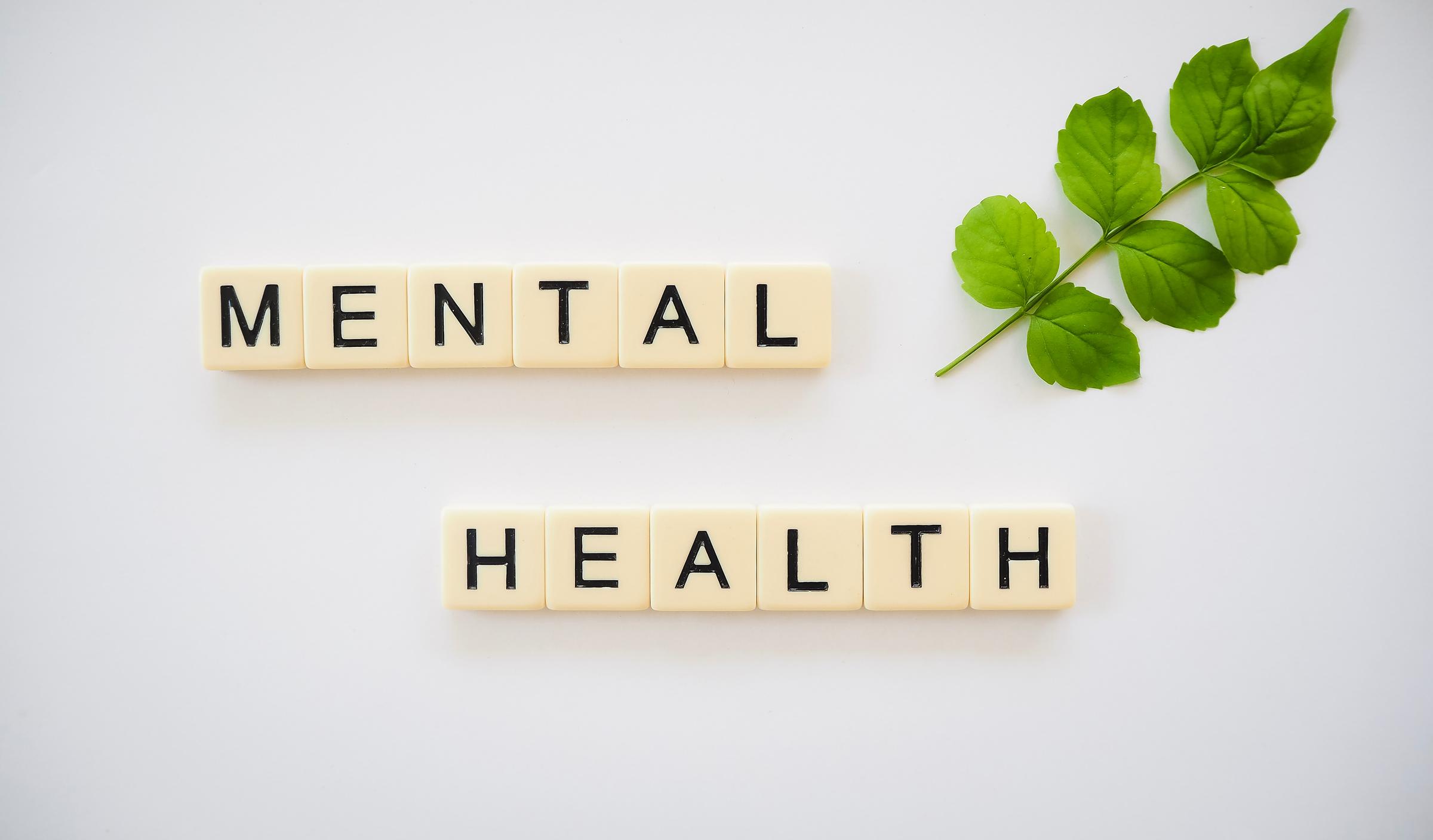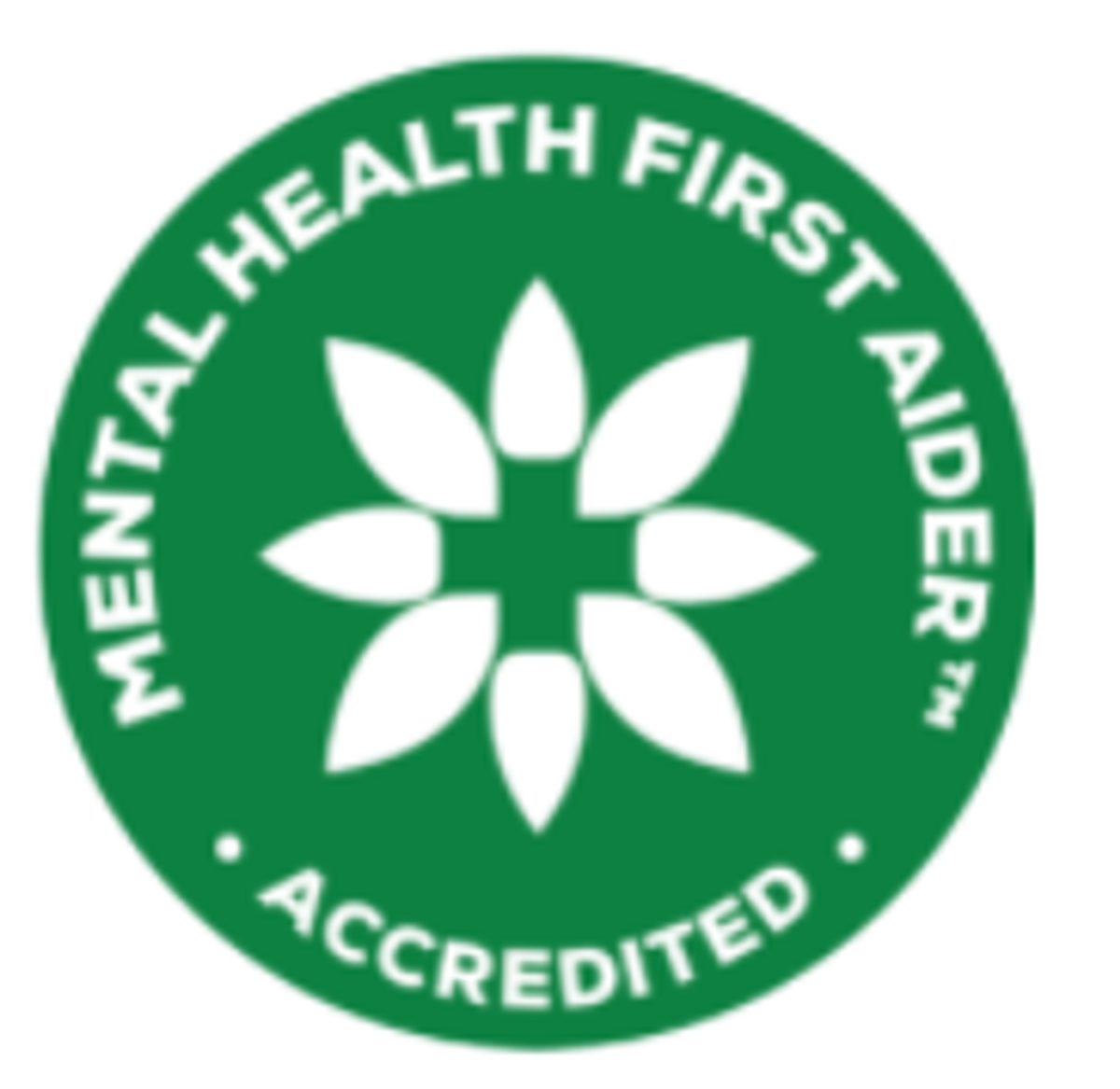Mental Health & Wellbeing Report

Children need our unconditional love – whether they succeed or make mistakes; when life is easy and when life is tough” – Barack Obama
Dear Parents and Carers,
According to www.betterhealth.vic.gov.au strong relationships correlate with strong health. Proven links include lower rates of anxiety and depression, higher self-esteem, greater empathy, and more trusting and cooperative relationships. Strong, healthy relationships can also help to strengthen your immune system, help you recover from disease, and may even lengthen your life.
Maintaining good relationships
A positive relationship with your child is critical to supporting wellbeing. There are many ways this can be achieved. Some examples include:
- Share family memories and stories together
- Try to eat a meal together each night
- Establish and maintain family rituals and routines
- Make time to hear about your child’s day and show interest in their life
- Social connections are vital for your child’s wellbeing. Helping your child stay connected to friends is also important.
Take notice or being mindful
Mindfulness is paying attention to how you feel and what you see, hear, taste and smell. It is the opposite of rushing and multitasking. Mindfulness is being in the present rather than thinking about the future or the past. It can make us more aware of our thoughts and feelings and can help reduce stress and anxiety. Mindfulness can help us slow down and promotes rest and healing. For more information about mindfulness with children and young people, visit Smiling Minds https://www.smilingmind.com.au/. Smiling Mind is a unique tool developed by psychologists and educators to support the development of mindfulness practices for every age group.
Why don’t you check out the Smiling Mind app? Make time to practice some mindfulness as a family and continue to maintain good relationships.
Kind Regards,
Vanessa Moore
Mental Health and Wellbeing Coordinator (MHWC)




